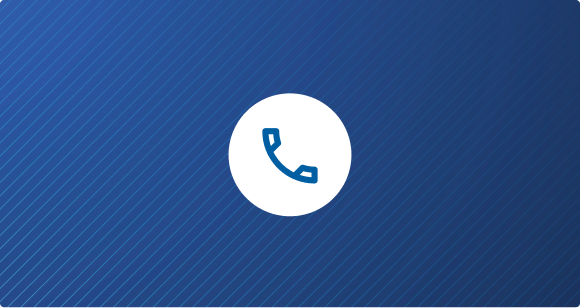If taken differently than prescribed, opioids can cause death by slowing, and eventually stopping, a person's breathing. However, quick response to an opioid overdose, including administering naloxone and calling for medical assistance, can prevent brain injury and death.
Medications to reverse overdose
Opioid Overdose Reversal Medications (OORM)
Opioid overdose reversal medications (OORMs) are lifesaving medications approved by the Food and Drug Administration (FDA) to reverse an opioid overdose.
Information about Naloxone and Nalmefene
Drug safety information from the FDA about naloxone and nalmefene, two approved overdose reversal drugs available for community use.
Lifesaving Naloxone
Naloxone is a safe medication that can reverse an overdose from opioids, including heroin and fentanyl. Learn more about where to get naloxone and how to use it.
Naloxone Facts
The National Institute on Drug Abuse (NIDA) created an online resource to raise awareness about naloxone. It includes information on where to get naloxone.
Learn more about:
Toolkits
Overdose Prevention and Response Toolkit
This toolkit provides guidance on the role of opioid overdose reversal medications, including naloxone and nalmefene, and how to respond to an overdose.
Naloxone Toolkit
This toolkit for health care providers includes trainings, conversation starters, and fact sheets about naloxone.
Need help?

SAMHSA National Helpline
Get treatment referral and information about mental health and drug or alcohol use disorders, prevention, and recovery.

FindTreatment.gov
Millions of Americans have mental and substance use disorders. Find a comprehensive list of certified treatment programs across the United States.
